If the devil is in the details, it may be found in Indra Kumar’s Thank God. In this labored comedy about life after death, release (or damnation) is determined by the whims of a stylish god who engages in puerile mind games and lectures a recently deceased 33-year-old man on ethics and morality. It’s all quite drab and uninviting.
Thank God is more amusing than amusing. It has a maximum runtime of two hours. Even at that length, the film feels far too long since it spends so much time explaining what counts and what doesn’t in human existence. It alternates between being somewhat interesting and crushingly leaden.
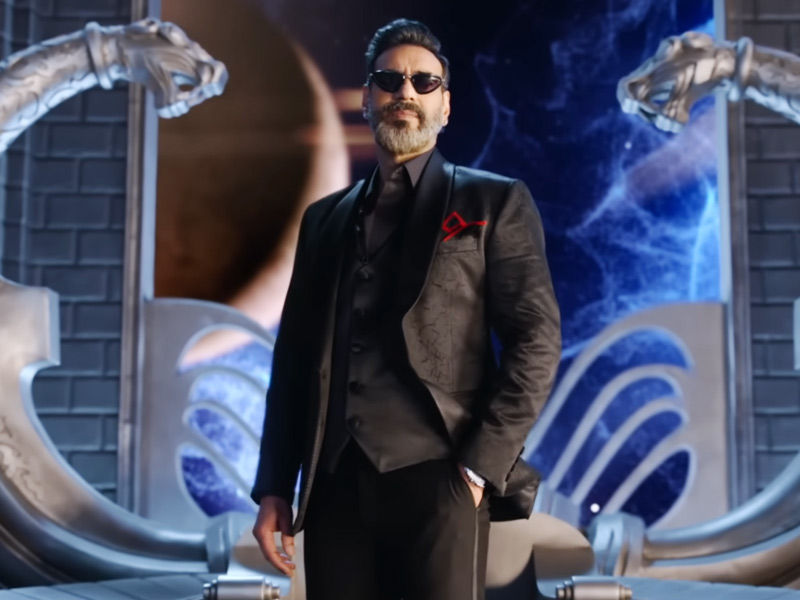
Ajay Devgn plays CG, a celestial arbitrator of the fate of deceased humans who await a final verdict on whether they deserve paradise or damnation. Sidharth Malhotra plays a self-absorbed, indebted, error-prone real estate broker whose life hangs on a thread after a vehicle accident ‘ends’ his life.
The latter has amassed a wide range of sins in a brief life in which he has been far too loose and fast for his own benefit. He was greedy, envious, selfish, perfidious, lusty, and delusory. It is now time for him to face the music at the hands of a deity who has no intention of showing him mercy.
The two principal performers, tasked with playing parts with little diversity or depth, work hard to bring energy, charm, and humor to the meeting that unfolds in a computer-generated paradise. Their attempts are futile because Thank God crumbles under the weight of tired and uninspired surroundings.

Indra Kumar, rewriting a 2009 Danish film (Anders Matthesen’s What Goes Around), mauls a potential idea with mothballed tactics acquired from a bygone period of Mumbai cinema. Without understanding or imagination, the moral dichotomy of good and evil, or immoral and virtuous, is built.
The director of the Dhamaal and Masti films, which rely on broad strokes for humorous impact, utilizes similar methods here but blends occasional splashes of comedy with efforts at unbridled mush. Even a sultry Nora Fatehi item number, the umpteenth remix of Yohani’s Manike crooned by the Sri Lankan vocalist herself – as bland as anything else on display – is a blur that leaves no imprint.
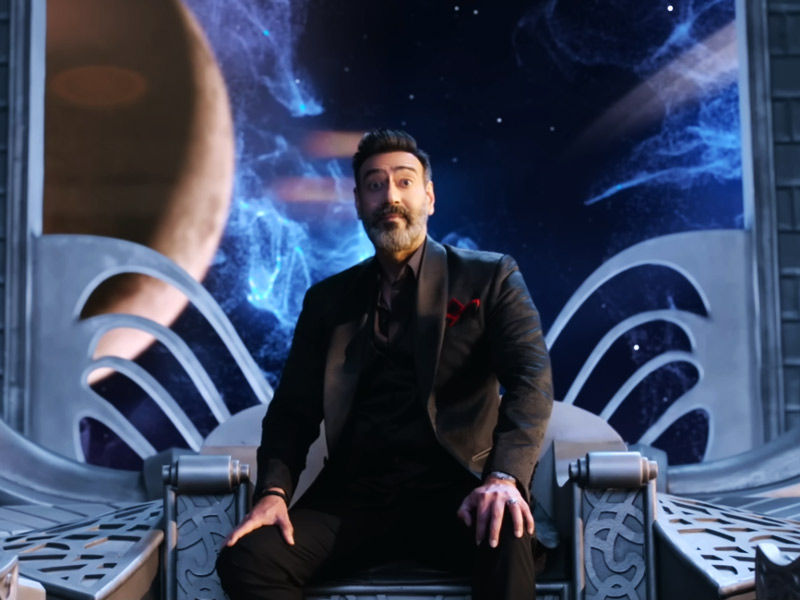
Also, Read Kantara: myth, folklore & elegantly choreographed action
What precisely is Thank God attempting to impose on us through a message? It’s rather simple. It would have us think that good guys go to heaven and evil ones earn black balls while playing a “game of life” in which a deity pushes them towards hell and confronts them with the wrongs they knowingly committed in life.
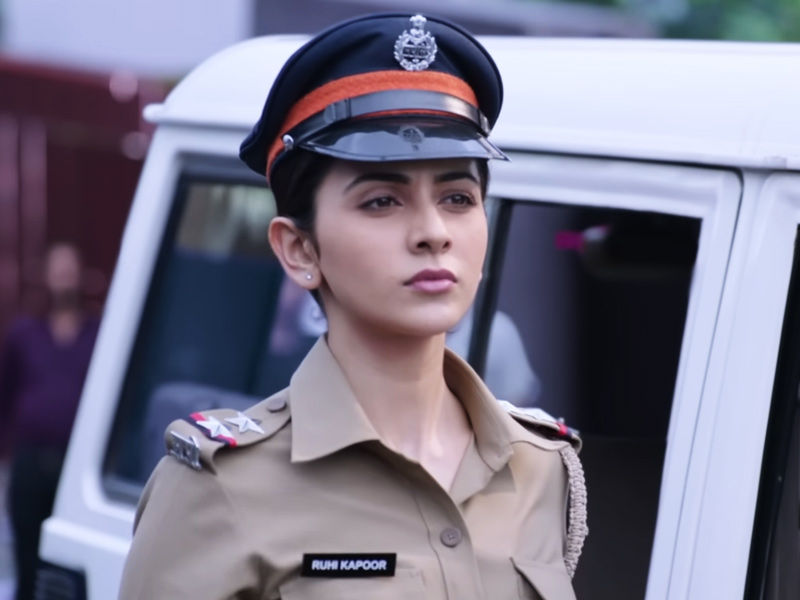
Ayaan Kapoor (Malhotra) is in the hot seat since his firm has failed as a result of demonetization. The majority of his money is in the black, and he finds himself in the red overnight.
Ayaan is a married guy with a school-aged kid who needs his time and attention. His wife Juhi (Rakul Preet Singh) is a police officer. He’s too preoccupied with his own troubles to recognize that he might be a better spouse and parent.

When nothing seems to be going right for the man, things start to go wrong. Ayaan gets killed in a car accident. On judgment day in heaven, a contemptuous CG (Devgn) grants him the opportunity to return to Earth by demonstrating that he has accrued more good works than crimes. Ayaan falls well short of expectations. The game is almost over for him at the midway point of the video.

CG, on the other hand, is a deity who, despite his rough demeanor, decides to remain benign for a while. He chooses to offer Ayaan a chance at atonement when he is on the verge of being sentenced to damnation. CG says to Ayaan, “Angrezi mein Ek kahawat hai” (what goes around comes around, as the saying goes).
In other words, you harvest what you sow, he adds. Did Ayaan seed something that may suddenly yield a miracle and save him? Thank God’s second half is devoted to answering that question.
Ayaan gets engaged in an automobile accident that brings him to a surgeon’s operating room, where he battles for his life. The film faces a fate worse than the cars: it is a disaster, a twisted mess incapable of revving up and getting moving.
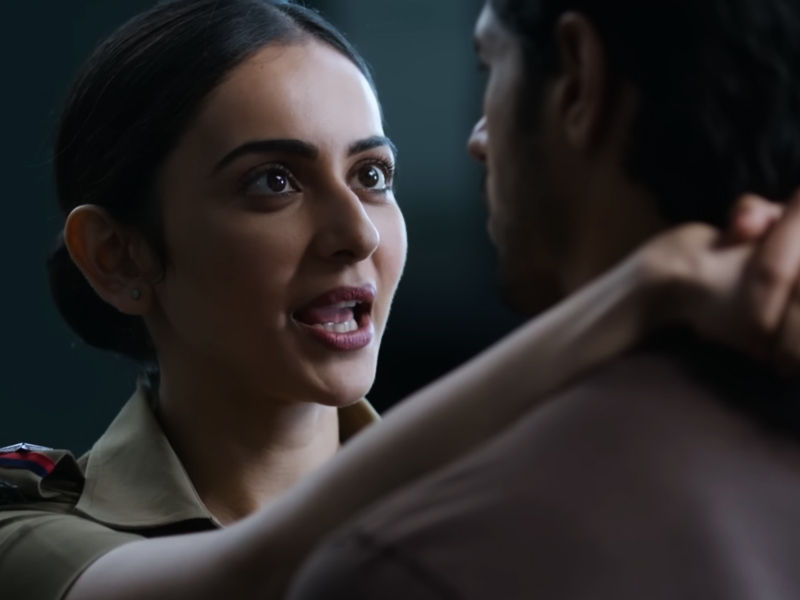
Someone makes fun of Ayaan for missing Doordarshan in the age of streaming services at one point. Thank God, it does just that: it creates a new game using obsolete tools and rules. It’s firmly in the past, even though CG and YD, short for Yamdoot, are dressed in current, western garb and speak in modern jargon.
While doing everything he can to make Ayaan pay for his crimes, CG offers a joke to cheer up the mortal whose hopes are dwindling by the minute. This scenario relies on the banalest of puns. That is standard procedure. True wit exists outside of the picture. Other objects in the plot are damaged by mishaps, most notably a home that is destroyed by a devastating Diwali day fire. Another uninteresting story is thus hung.
Thank God swings with a force from the painfully preachy to the terribly empty in the final quarter of the tale, as Ayaan Kapoor is allowed to fight his way back from the edge.
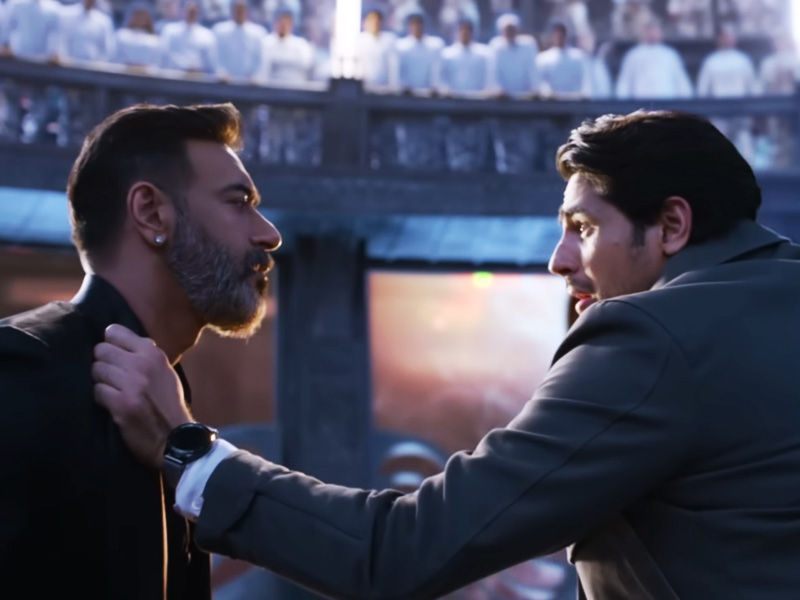
The film does not stand a chance. Its artificial trajectory and formulaic plot techniques elicit little empathy for the hero’s and his family’s suffering, which includes his mother (Seema Pahwa), another lady in his life who has experienced a lifetime of mistreatment.
It all comes down to a pair of kidneys in the end. The protagonist is forced to make a difficult decision. He makes a decision. But, thank God, He has different plans. If only these concepts weren’t so artificial and arbitrary, the film wouldn’t have been a flop from the start.




























